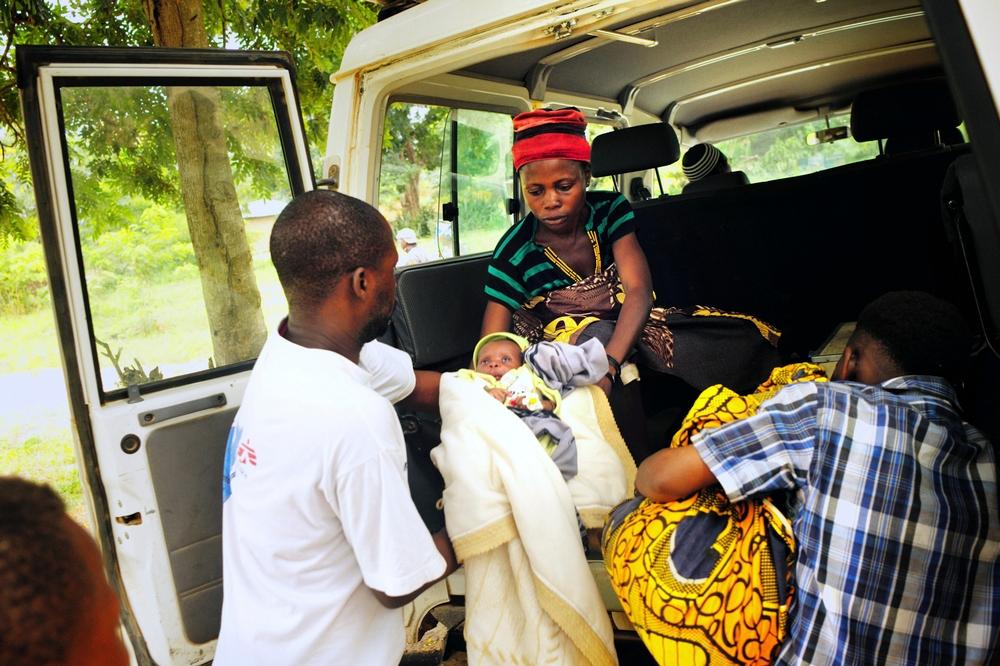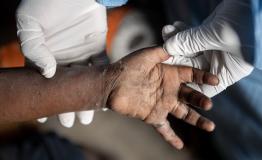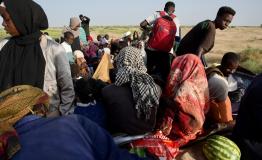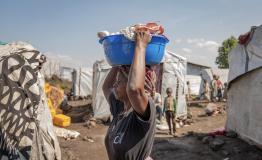The dust clings to my boots, a constant reminder of the unforgiving terrain that is my work station. But it's not the harsh landscapes of Africa and the Middle East that define my journey, it is the indomitable spirit of the communities I serve. My name is Job Kamanda, and for over a decade, I've worked for Médecins Sans Frontières (MSF), witnessing the devastating impact of humanitarian crises on people.
My journey with MSF began not in a conflict zone, but in the vibrant community of Kibera, Kenya. As a young nutritionist, I saw firsthand the life-saving power of free, high-quality healthcare. Amidst poverty and violence, I witnessed its transformative power, for people and their communities. This ignited a passion that would lead me across borders, and into the heart of some of the world's most challenging humanitarian crises.
![A view of Kibera in [ year of pic]. MSF worked in Kibera for 20 years and handed over the project to Nairobi County Health Services in 2017.](/sites/default/files/styles/image_mobile/public/images/MSB9066_0.jpeg?itok=XF9pVJTW)
One defining moment in my career unfolded in North East Nigeria. As a nurse activity manager, I stood on the frontlines of a nutritional crisis, where children were struggling to survive, and their mothers were resorting to boiling grass to try to feed them. It was a stark reminder of the devastating impact of conflict on health. Our much-needed nutritional programme, tried to save as many as we could, solidified my commitment to MSF's mission.
From Sudan's border with Eritrea and Ethiopia to the Democratic Republic of Congo's (DRC) North and South Kivu, my path was paved with both highs and lows. Navigating complex political landscapes, negotiating access with armed groups, and building trust with communities became crucial skills. I learned to listen, adapt, and advocate, ensuring our interventions were effective, culturally sensitive, and community-driven.
One instance in South Kivu stands out. While conducting fieldwork, we were stopped by an armed group. We felt scared, but the knowledge that their families, too, benefited from our services gave us courage. We negotiated, rescheduled our visit, and continued our work. Even amongst challenging times, there were beautiful moments too. In the remote villages of the DRC, I saw how strong people can be. Even though they had been through war, they welcomed us like family. And even in difficult times, we find friends in unexpected places, like with people whom society often ignores.
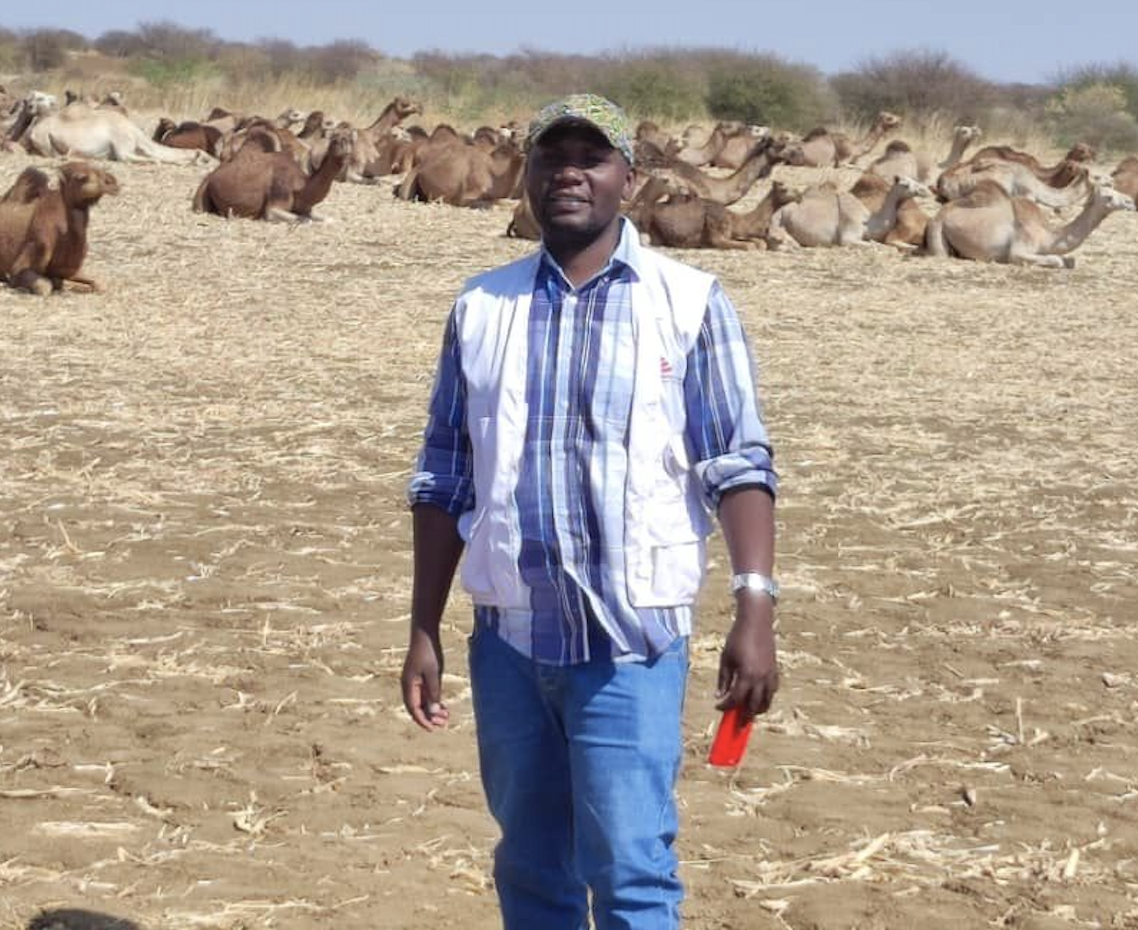
As a project coordinator, I now lead the fight against malaria in DRC's South Kivu. Communities are actively involved in designing interventions, ensuring ownership and sustainability. We advocate for preventive measures and the lifesaving malaria vaccine, recognizing the immense potential of research and patient-centred approaches.
But the challenges remain numerous. Limited access to healthcare, war-torn infrastructure, and poverty force people to seek care from traditional healers or churches, often delaying crucial treatment. MSF perseveres, reaching the most vulnerable with quality medical care, capacity building for local health workers, and respect for communities.
My role is not just to deliver care, but to inspire and empower others. I envision a future where communities lead their health initiatives, access to healthcare is a right, not a privilege, and MSF serves as a catalyst for positive change. But the road ahead is fraught with uncertainty.
As MSF continues its mission in conflict zones around the world, the challenges we face are ever-evolving. From malaria in the DRC to displacement in Syria, the need for innovative solutions has never been greater. Yet, amid the chaos and uncertainty, one thing remains constant: our commitment to humanity.
This is not just my story, but a testament to the resilience of the human spirit. It's a story of hope.
